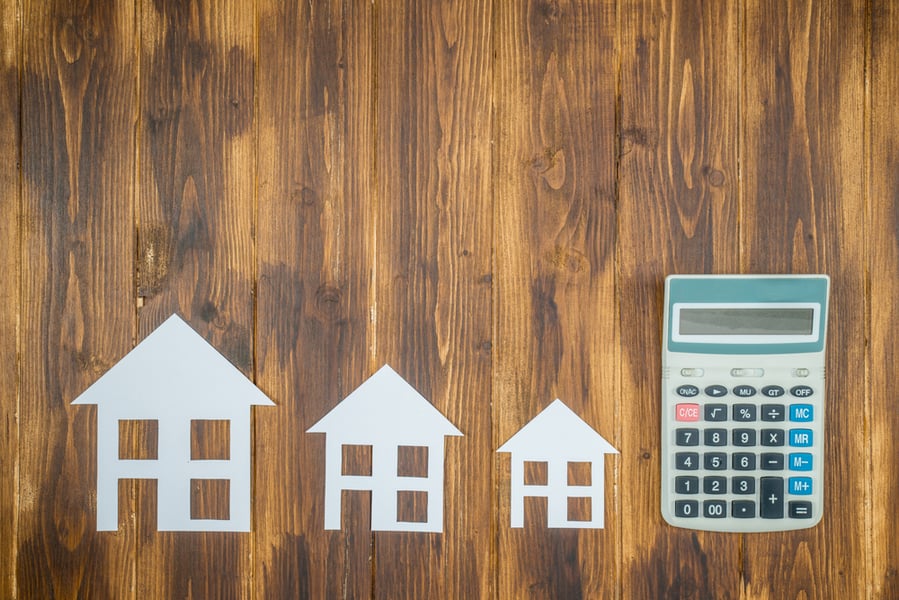However, the predicted fall would only partially reverse the almost £18,000 (7.6%) increase in average prices experienced over the past 12 months.

Halifax has predicted that house prices could fall by between 2% and 5% in 2021, although such a fall would only partially reverse the almost £18,000 (7.6%) increase in average prices experienced over the past 12 months.
The housing market proved surprisingly robust through 2020 despite the COVID shock to the economy. But Halifax has warned that whilst the impact of the pandemic on household finances has been delayed by supportive government policies, unemployment is expected to rise in 2021.
Russell Galley, managing director, Halifax: “Despite the deepest recession for centuries, house prices have risen over the past year at their fastest rate since 2016, with mortgage approvals also at their highest level for over a decade.
"This growth has been driven by a shift in demand from buyers as a result of increased home working and a desire for more space, whilst the stamp-duty holiday brought forward many transactions that might otherwise have been planned for next year.
“Unprecedented government support for furloughed workers and the self-employed has prevented a sharp fall in earnings for many households. However, the impact of reduced incomes has been felt most keenly by the young and those in lower-paid service sector jobs. These groups have been relatively less active in buying and selling houses and this appears to have insulated house prices from the economic downturn so far.
“While the economy should begin to recover in 2021, helped by the roll-out of COVID vaccines, the jobs market will inevitably adjust to the changes in demand that are occurring, and unemployment is expected to rise. With the stamp duty holiday also due to expire in March – and lower levels of demand – housing market activity is likely to slow.
“Taking all of this into account, the post-summer surge in house prices is unlikely to be sustained. Prices are expected to fall by between 2% and 5% next year, although forecast uncertainty is much higher than usual given the current economic and political environment. It is also important to note that such a fall would only partially reverse the almost £18,000 (7.6%) increase in average prices experienced over the past 12 months.
“The key long-term issue for the housing market remains the inequality between generations and across the income spectrum, and specifically the ability of the young and lower-paid to access good quality housing that meets their needs.
"The impact on the economy of COVID will therefore only increase the need to prioritise improved housing availability and affordability.”



